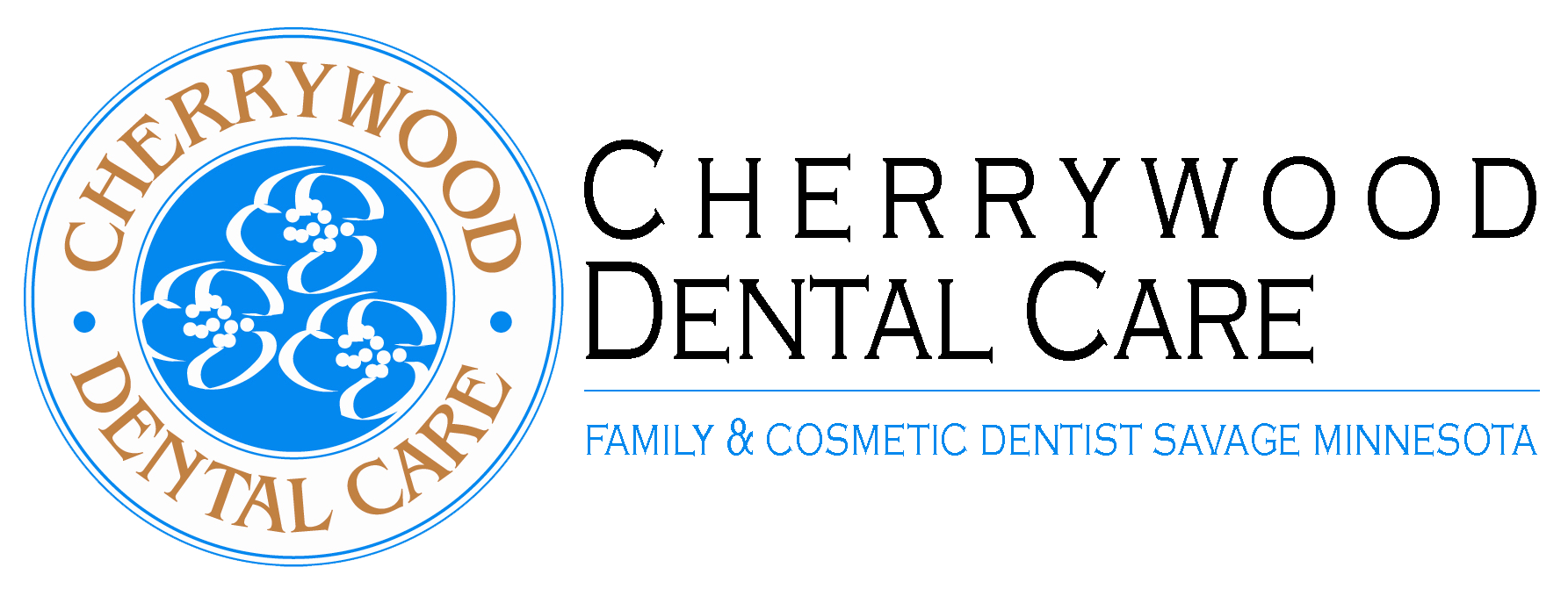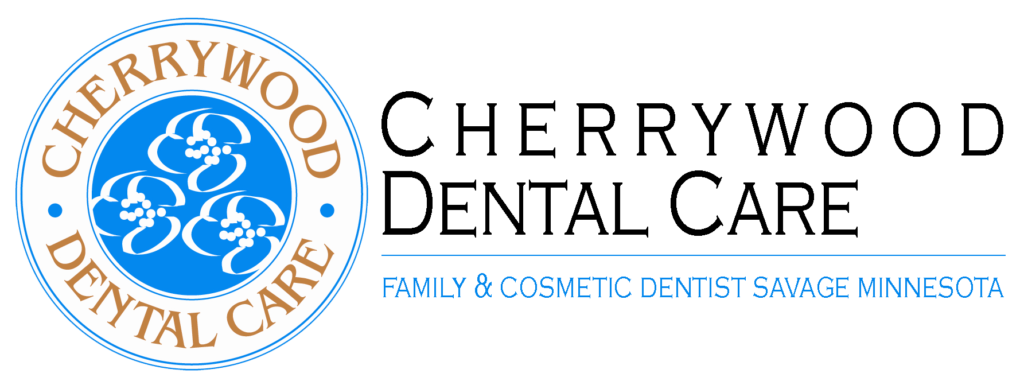How to Get Rid of Swollen Gums?
When you find that your gums are puffier than you are used to, your body is trying to tell you there is something that needs to be addressed in your mouth. Gums are like any other soft tissue in your body, so if there is an infection or injury, swelling develops in the area as an immune response. If you are hoping to treat your swollen gums at home, you need to address the problem that is causing the swelling in the first place. You may need a dentist to diagnose the issue to help you heal quickly. Some reasons your gums are swollen can include:
Pregnancy
Through the different stages of pregnancy, your hormone levels will fluctuate. Those drastic changes can leave many of your soft tissues with increased blood flow. Some pregnant people end up with swollen hands or feet; others can suffer from swollen gums. Additionally, you may find that your gums are more sensitive, bleed more easily, or are more red than usual.
Gingivitis
Gum disease in any of its stages can leave you with swollen gums and it is found in almost three fourths of all American adults. You may be in the early stages so your symptoms are more mild, but gum disease needs to be professionally treated. If you have just had a dental cleaning, then you can continue to keep your teeth and gums as healthy as possible by regular at-home dental care.
Malnutrition
If your diet is low in vitamin B or C, your body may indicate this issue by a swelling in your gums. This reason is more common in less industrialized countries, but it is not limited to those geographic areas only.
Infection
Different viral and fungal infections can leave people with swollen gums as a symptom. Yeast infections and herpes infections in your mouth cause swollen gums. Even bacterial infections in the roots of teeth can leave dental abscesses and puffy gums at the infection site.
Medical Treatments for Swollen Gums
If your gums have been swollen for more than two weeks, you need to make an appointment with the dentist to address the underlying issue. The dentist can use an exam, X-rays, and even blood tests to diagnose the problem in order to treat it properly.
Some treatment plans can include deep cleaning, root canals, oral antibiotics, and antimicrobial oral rinses.
At Home Treatment for Swollen Gums
The first tool to help your gums stay healthy and clean is a soft bristled toothbrush. Be sure to use circular motions on your teeth and gums to gently remove plaque, debris, and bacteria. After brushing, use dental floss to clean between your teeth and where your teeth meet the gums. The dentist may have a suggestion for an oral rinse after you brush and floss.
Other simple ways to keep your mouth healthy and free from discomfort include drinking plenty of water, maintaining a balanced diet full of whole foods, and avoiding irritating habits like excessive alcohol consumption and tobacco use.

